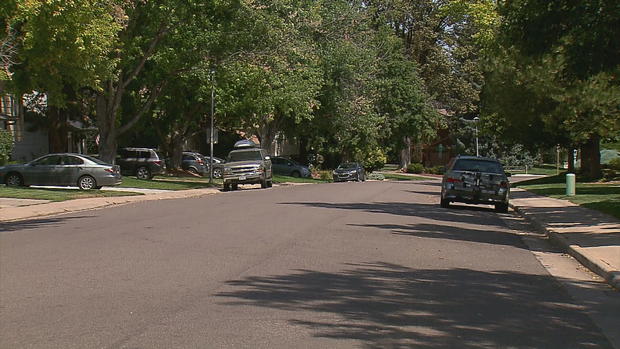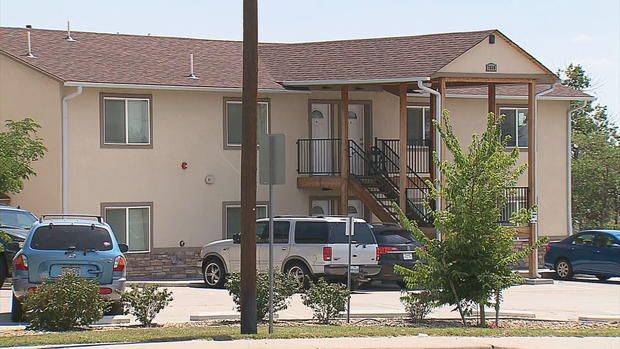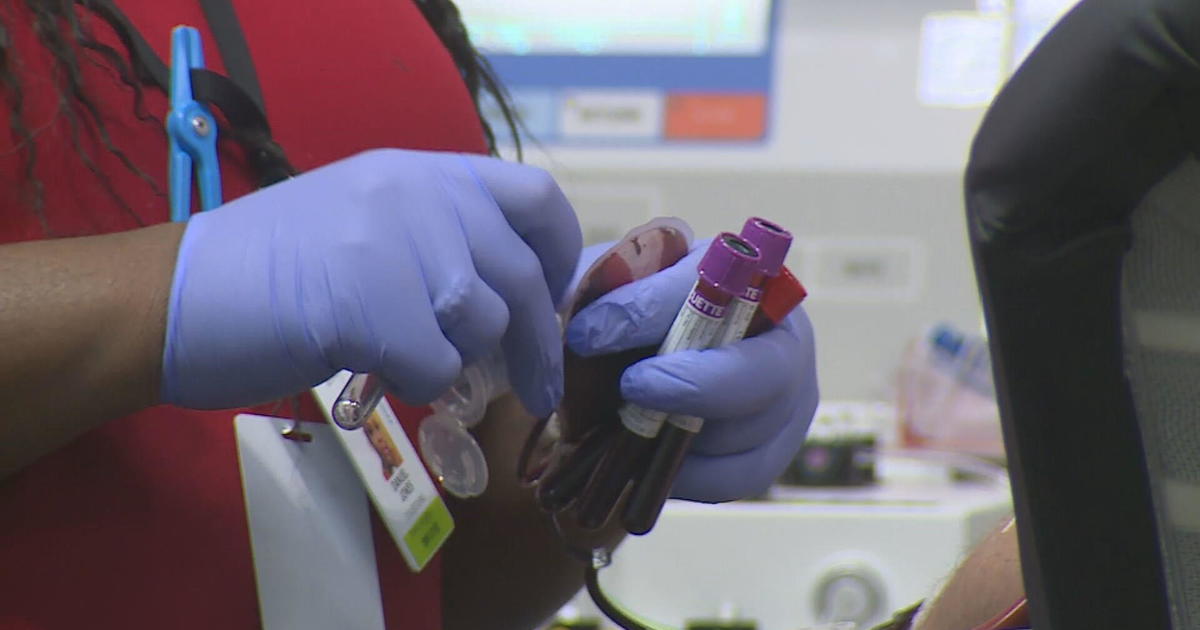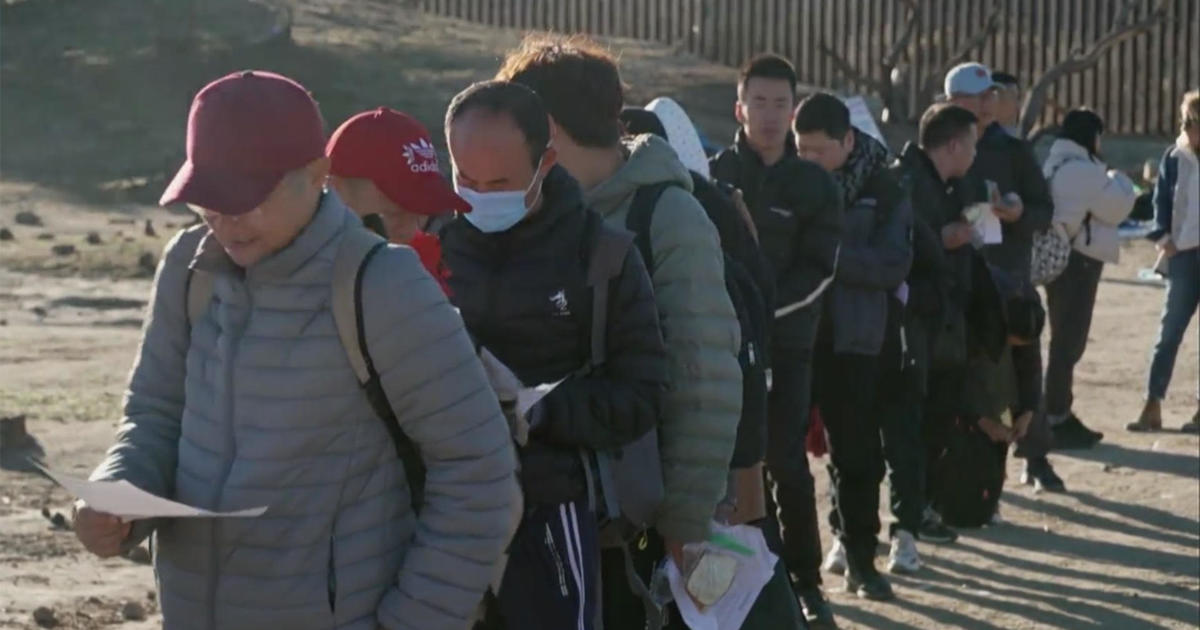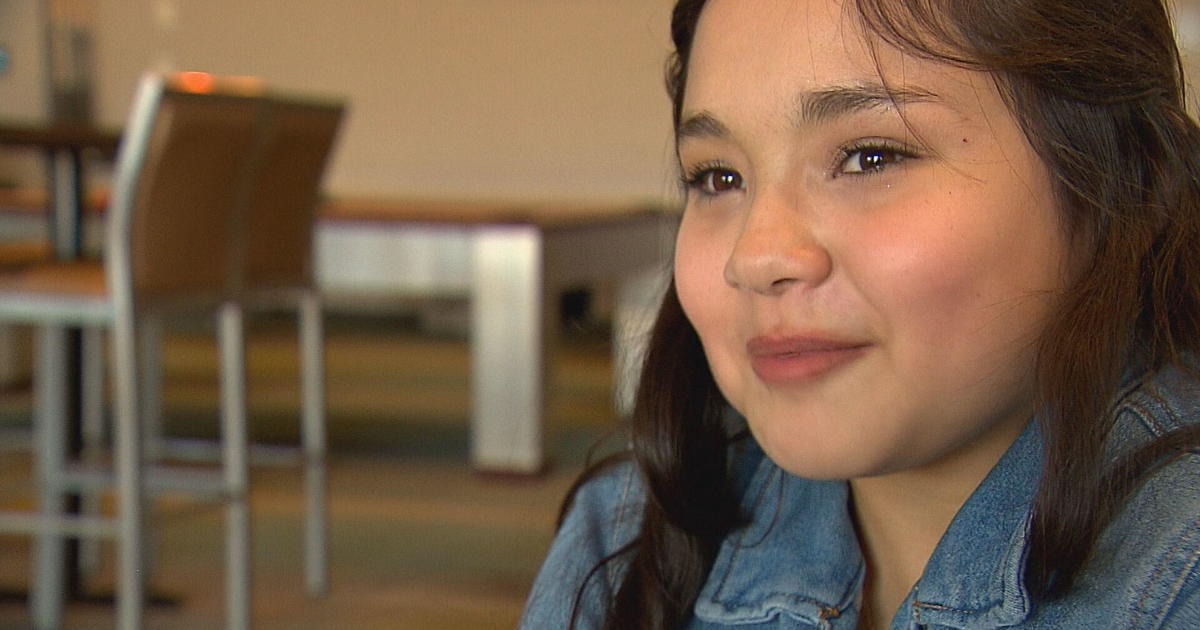Denver Neighbors Fired Up Over Proposal To Allow Halfway Houses In Any City Neighborhood
DENVER (CBS4) - Thousands of Denver residents are upset about proposed changes to Denver's group living rules, which would allow community corrections, more commonly known as 'halfway houses,' in any residential neighborhood of the city. However, hundreds others are in support of the measure, saying it's an important step for felons to have a better chance at a fresh start.
So far, nearly 2,000 people have signed an online petition against the proposed changes. Tonia Wilson, who lives in the Hampden neighborhood of Denver, is one of them.
"You don't want it next to your kid's school, you don't want it next to the house of your widowed mother, and you don't want it next to the victim of a crime," Wilson told CBS4. "This just doesn't make any sense."
The city's leader of the proposed changes, Andrew Webb, said they are about equity.
"For decades, the zoning code has said those are only appropriate for certain neighborhoods, the industrial areas and nearby neighborhoods, and this is really about alleviating the burden on those communities that have hosted these types of facilities for years, by allowing these facilities to exist anywhere in the city," Webb explained. "Allow these uses where they can be near transit, employment, and community, the daily needs for people who are transitioning back into the community."
Asked if he would be comfortable with a halfway house next door to his home, Webb said, "I don't think I should have a say over who my neighbors are, just as I wouldn't want my neighbor to tell me who lives in my house."
Webb said for any halfway home to set up shop in a neighborhood, it must first receive a permit from the city. However, if there will be fewer than 11 people living at the halfway home, the facility will not need to go before a public meeting to obtain the permit.
That has some neighbors worried.
"They are all types of people committing all types of crimes, murder, assault, carjacking, rape, all types, and that really concerns me," said Richard Saiz, the president of the Bear Valley Improvement Association. "I'm just not confident that everyone in those facilities has the best intentions for the city of Denver."
Not Just About Halfway Houses
The proposed group living rule changes also aim to create more affordable housing options in the city, allowing up to five unrelated adults to live together in a 1600 square foot home, instead of only two, as the rules currently stand. For every additional 200 square feet, another unrelated adult is allowed to live on the property. In addition, any number of related adults can also live in the home.
Read the draft proposal by clicking here.
In the time of an economic crisis, city leaders say the changes are more important than ever.
"What is most important is that people are able to stay sheltered," Webb said.
Some residents agree.
"Denver's current housing crisis is very real, maintaining the status quo is not going to fix it," said Jason Hornyak, who is on the board of the Chaffee Park Neighborhood Association.
Hornyak's association wrote in to the city in support of the changes. He calls the rules as they currently stand "archaic."
"A lot of people, including myself, have lived against this code. When I first moved to Denver 12 years ago just out of college, I lived with three roommates and that was the only way we could make ends meet, because we wouldn't have been able to afford living on her own, and doing so allowed us the opportunity to gain a foothold in this city's economy, and now we're all homeowners, some of us are neighborhood leaders," Hornyak said.
Regarding the addition of halfway houses in any neighborhood of the city, Hornyak is also in favor.
"The whole point of these halfway homes is to reintroduce rehabilitated people back into society, and we can't do that if we keep pushing them to the margins of society," Hornyak told CBS4. "These people have paid their debt to society, they are living in an environment that is safe for them, and if we don't welcome them into our city, they will have nowhere to go."
When the group living changes were first introduced this spring, they were met with overwhelming opposition. Public comments show about 80% of commenters were not in favor.
The city has since made several compromises. For example, the original plan was to allow eight unrelated adults in a single-family home, but that has since changed to five.
This summer, the public comments are about 50/50 opposed and in-favor. The city says it has seen 262 comments in support, and 254 comments opposed, but 21 of those in-favor comments were from people who don't live in the city limits, nine more of those in-favor comments were from people who live out of state, and one in-favor comment was from someone who lives in Quebec, Canada.
Every commenter against the proposal, who listed their address, said they lived within city.
Saiz believes the city should hold the proposal until after the pandemic, when more neighbors will have a chance to better understand the complexities of the proposed changes.
"I think it's possible that it will lower the cost for some," said Saiz. "But at what cost to everyone else in the neighborhood?"
A public hearing on the changes will be held Wednesday, August 19, at 3 p.m. For more information on the changes, and how to listen in to the hearing, click here.
